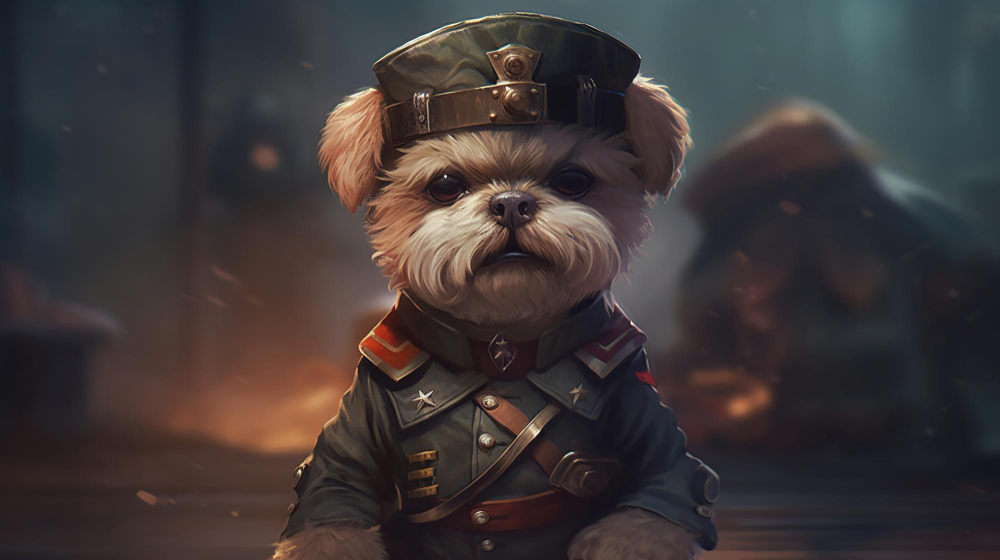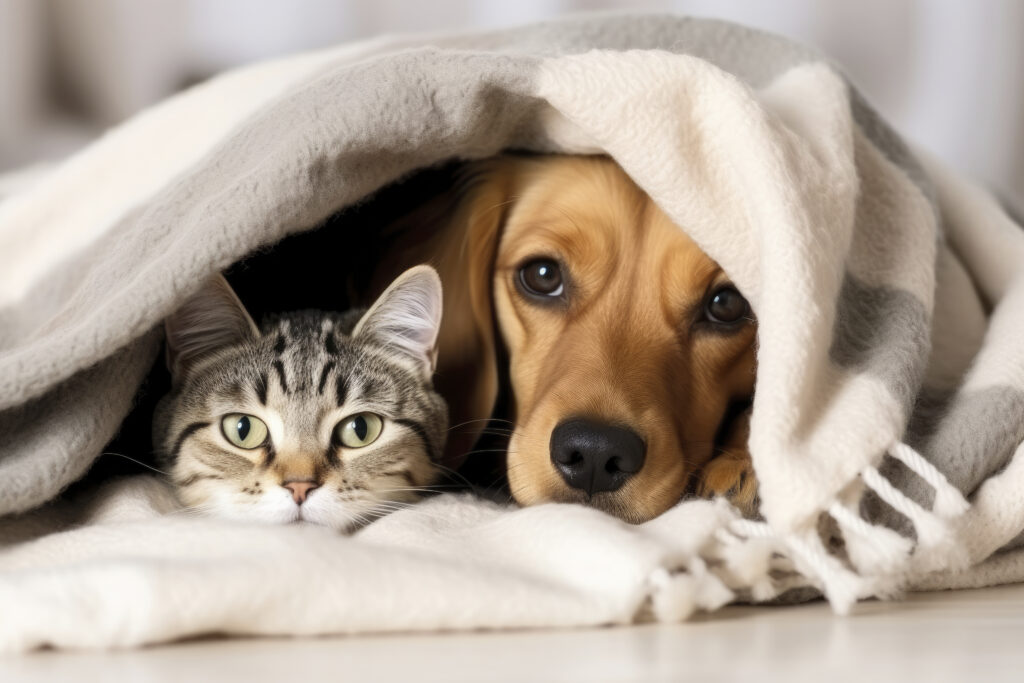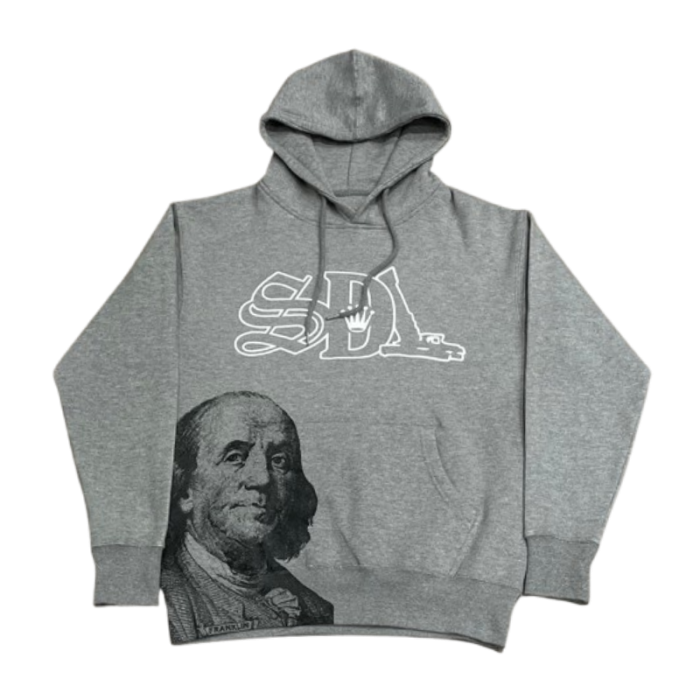Throughout history, animals have served alongside humans in various military conflicts, not merely as mascots but as active participants with critical roles. These brave animals have demonstrated incredible courage and loyalty, often under dire circumstances, saving lives and contributing to military successes. This blog post explores the tales of some of the most famous military animals, shedding light on their heroic deeds and the profound impact they’ve had on the wars they participated in.
Cher Ami, the Heroic Pigeon
During World War I, a homing pigeon named Cher Ami was one of several pigeons used by the U.S. Army Signal Corps in France. Cher Ami’s most famous mission occurred in October 1918 when he was dispatched with a message tied to his leg from an encircled battalion lacking food and ammunition. Despite being severely injured, Cher Ami managed to fly 25 miles back to his coop, delivering a message that saved nearly 200 men. His determination and bravery earned him the French Croix de Guerre with Palm.
Sergeant Stubby, the War Dog
Sergeant Stubby, a stray dog who became the most decorated dog of World War I and the only dog to be promoted to sergeant through combat, offers another remarkable story. Stubby participated in 17 battles on the Western Front, where he detected gas attacks, located wounded soldiers in No Man’s Land, and even captured a German spy by the seat of his pants. His actions not only saved lives but also lifted troop morale.
Wojtek, the Soldier Bear
In the midst of World War II, the Polish II Corps found an unusual soldier, Wojtek, a Syrian brown bear cub, who would grow to become a symbol of hope and resilience. Wojtek helped move crates of ammunition during the crucial Battle of Monte Cassino and was officially enlisted as a soldier with his own rank and paybook. His strength was invaluable, but his presence also provided comfort to soldiers far from home.
Simon, the Brave Sea Cat
Simon, the sea cat aboard HMS Amethyst during the Chinese Civil War, is another hero. Despite severe injuries from a cannon shell, Simon returned to duty, ridding the ship of vermin and protecting the crew’s food supply. His efforts earned him the Dickin Medal, the highest award for animal gallantry in the UK.
War Elephants in Ancient Warfare
Long before the great world wars, ancient armies used elephants as war machines. The most famous of these was Hannibal’s use of war elephants to cross the Alps and battle Rome. These massive animals were central to ancient warfare tactics due to their size, strength, and the psychological impact they had on the enemy.
Dolphins and Sea Lions in Modern Military
The U.S. Navy has trained dolphins and sea lions as part of its Marine Mammal Program, utilizing their natural sonar capabilities to detect mines and other underwater objects. These marine animals perform tasks that are dangerous and complex, showcasing how military roles have evolved to include non-human skill sets in modern warfare.
Horses in Military History
Horses have been companions in battle for centuries, valued for their speed, power, and agility. From cavalry charges in medieval times to serving as transportation and ambulatory services in World Wars I and II, horses have been pivotal in shaping military history.
The Role of Camels in Desert Warfare
In the vast deserts, where vehicles often fail, camels have been the reliable carriers of soldiers and supplies. Their ability to endure harsh conditions without water for days has made them invaluable in desert warfare, particularly in Middle Eastern conflicts.
Conclusion
The stories of these animals highlight not only their bravery and utility but also the deep bond between humans and animals. These military animals did not choose to fight but served with undeniable loyalty and bravery. As we remember their sacrifices, we must also consider the ethical implications of their involvement in human conflicts.









